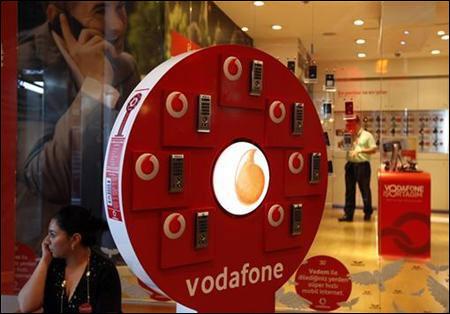BS Reporter in New Delhi
The Supreme Court on Thursday directed the Central Bureau of Investigation (CBI) to "take action in the matter of prosecution" of the telecom companies and public servants mentioned in its report, prepared by A P Singh, the outgoing director.
The three companies involved in the proceedings before the court were Bharti Cellular, New Delhi (now known as Bharti Airtel), Hutchison Pvt Ltd, Mumbai and Sterling Cellular, New Delhi (the last two part of Vodafone India now).
The public servants whose names were discussed in the proceedings include former telecom secretary Shyamal Ghosh and deputy director-general J R Gupta.
Since the CBI report in the 2G spectrum scam, submitted to the bench of judges G S Singhvi and K S Radhakrishnan, was in a sealed cover and they ordered immediate sealing after the hearing, the full list of accused persons is not immediately available.
The order on Thursday was passed in the petition moved by the Centre for Public Interest Litigation, represented by counsel Prashant Bhushan. Senior counsel K K Venugopal, representing the CBI, handed over the report to the judges and said the present director was retiring on Thursday and the new one would take over on Friday. The judges said the recommendations had come from the highest officer, whoever it was, and that the change at the top would not affect the matter.
It is alleged in the petition that there was a conspiracy between the companies and the officials during the tenure of the now-deceased former telecom minister, Pramod Mahajan, that caused huge losses to the exchequer.
According to the CBI report, the entire exercise gave a cumulative pecuniary advantage of Rs 508.22 crore (Rs 5.08 billion) to beneficiary companies, corresponding to the same loss to the government exchequer.
Bharti Airtel and Vodafone declined to comment on the issue.
About the excess spectrum given to the companies, it was said there were differences among the CBI officials and, therefore, the matter was referred to the attorney general. Without referring to the controversy, the court ordered action on the CBI report.
According to the CBI report, Pramod Mahajan, in consultation with some Department of Telecommunications (DoT) officials, such as Shyamal Ghosh, had taken decisions in "undue haste" to allocate spectrum beyond 6.2 MHz, up to 10 MHz, in 2002, by charging only one per cent of adjusted gross revenue, violating the rules and favouring the telecom companies.
This was at variance with the report of DoT's technical committee that recommended a four per revenue share for spectrum between 6.2 MHz and 8 MHz, and 5 per cent between 8 MHz and 10 MHz.
Also, the technical committee had recommended the allotment of additional spectrum beyond 6.2 MHz only after the operator's subscriber base reached 900,000. This threshold was reduced to 400,000 for applying for additional spectrum and 500,000 for actual allocation - a move that benefited Bharti Cellular in Delhi and Hutchison (now Vodafone) in Mumbai.


article